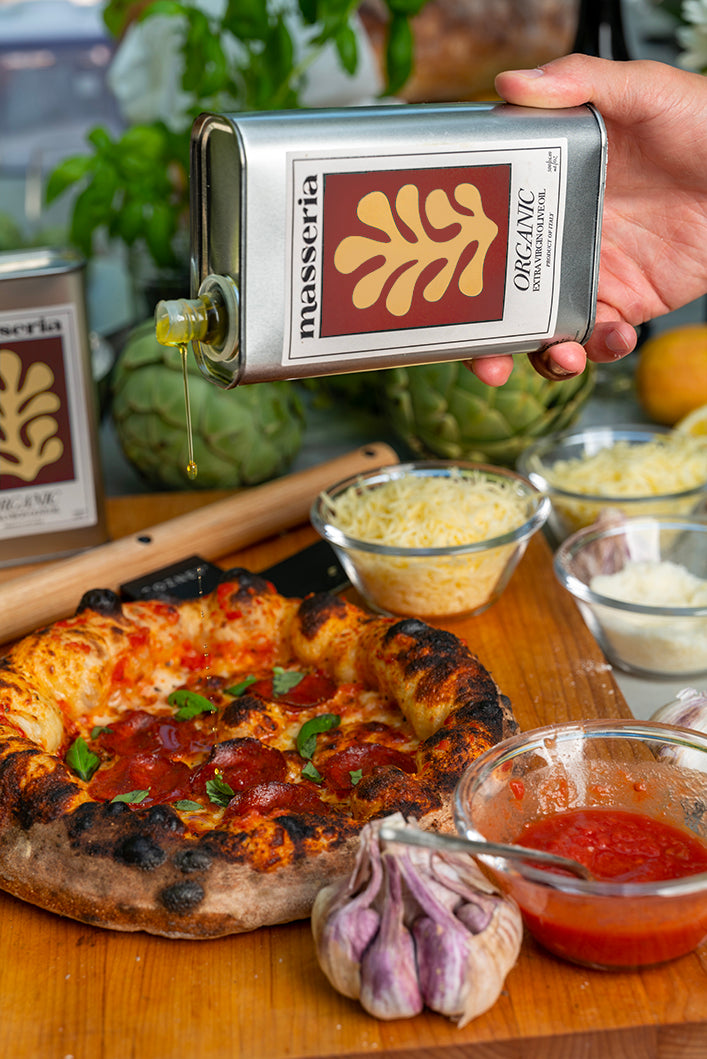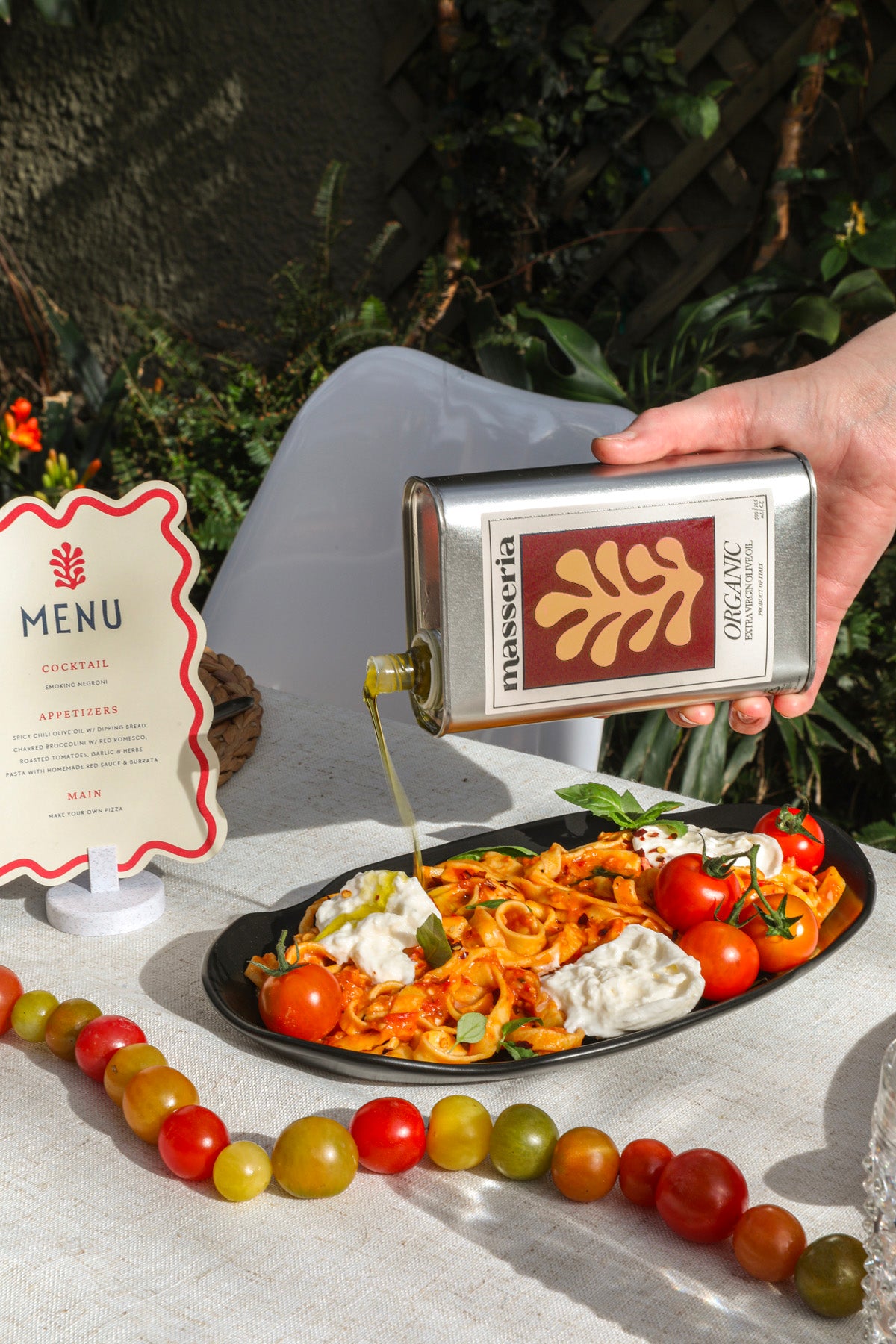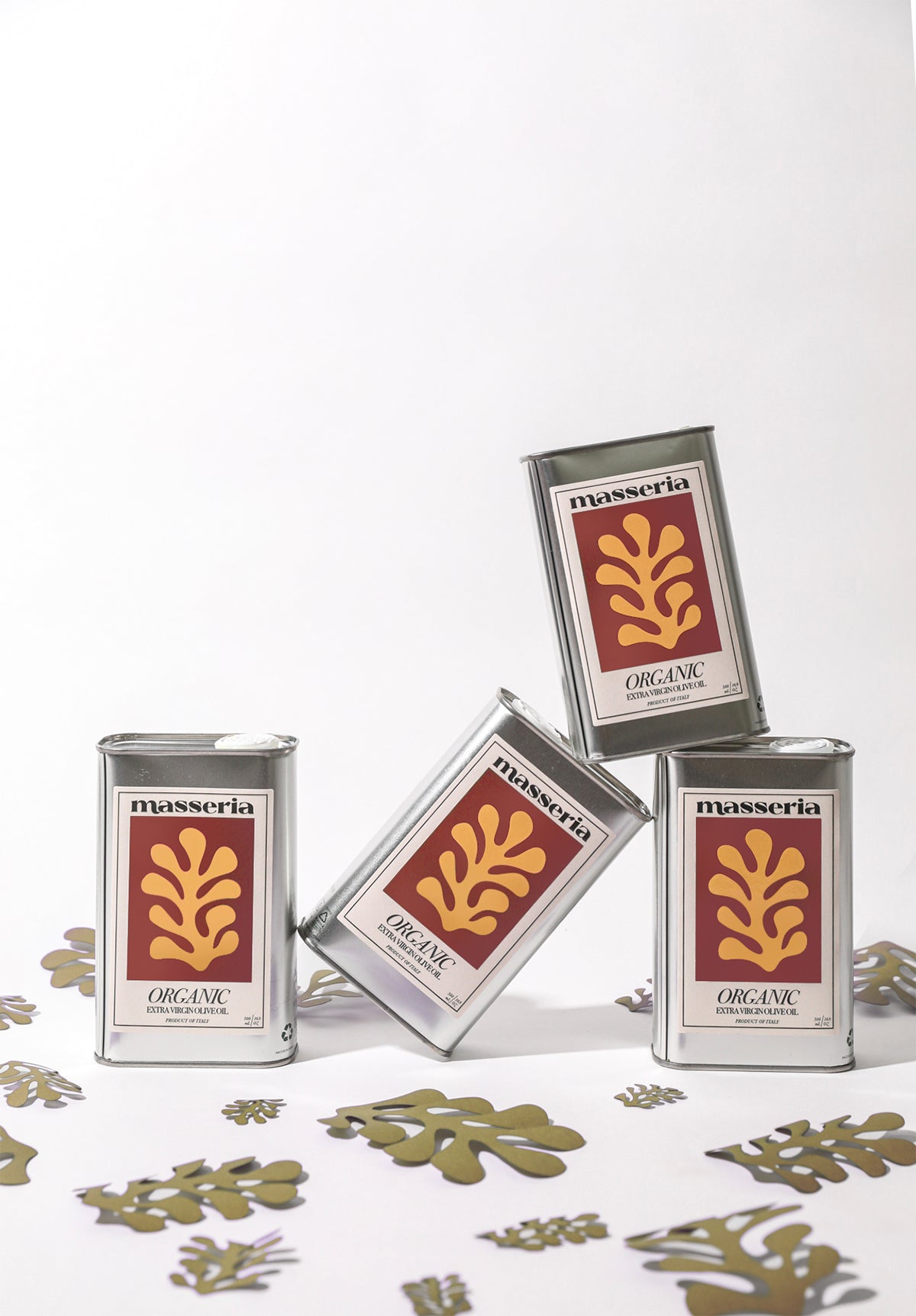Monocultivar - Unlocking Superior Flavor & Health Benefits
What is Monocultivar Olive Oil?
Monocultivar olive oil is made from a single variety of olive, also known as a cultivar. Unlike blended olive oils, which mix different varieties from various regions or even countries, monocultivar oils are crafted from olives harvested from a single cultivar, often from the same grove or geographic region. This focus on a single type of olive allows for the expression of unique flavors, aromas, and nutritional benefits inherent to that specific variety.
The Importance of Terroir in Monocultivar Olive Oil
Terroir—a term more commonly associated with wine—refers to the environmental factors that influence the characteristics of a product, including soil, climate, and topography. In the case of olive oil, terroir plays a significant role in determining the flavor profile of the oil. Monocultivar olive oils are often celebrated for their ability to showcase the distinctive qualities of the region in which the olives are grown.
For example, the Nocellara Etnea olive variety, native to Sicily and cultivated on the slopes of Mount Etna, produces an oil with a unique flavor profile characterized by grassy notes, green tomato, and artichoke, with a robust peppery finish. This complexity of flavor is a direct result of the volcanic soil, Mediterranean climate, and centuries-old cultivation practices unique to the region.
Superior Flavor and Aroma
One of the most compelling reasons to choose a monocultivar olive oil is the superior flavor and aroma it offers. Because these oils are made from a single type of olive, the distinct characteristics of that cultivar are fully expressed, resulting in a more nuanced and complex flavor profile. Blended oils, by contrast, often lose these subtleties as different olive varieties are combined to achieve a consistent but less distinctive taste.
When multiple olive varieties are blended, the unique flavor characteristics of each cultivar are often diluted, leading to a more generic, less vibrant taste. This blending process, while useful for achieving a uniform product, can strip away the nuanced flavors that make olive oil truly special. Monocultivar oils, on the other hand, allow you to experience the full spectrum of flavors that a particular olive variety has to offer. Whether it's the bright, citrusy notes of a Taggiasca olive oil from Liguria or the robust, slightly bitter taste of a Koroneiki olive oil from Greece, each monocultivar oil tells a story of its origin and offers a unique tasting experience.
Nutritional Benefits of Monocultivar Olive Oil
In addition to their superior flavor, monocultivar olive oils are often richer in nutrients compared to blended oils. The concentration of health-promoting compounds like polyphenols, antioxidants, and oleic acid can vary significantly between olive varieties. Monocultivar oils, which are not diluted with other varieties, often contain higher levels of these beneficial compounds, making them a healthier choice.
Blended olive oils, which combine oils from different varieties or regions, may sacrifice some of these nutritional benefits in the process. The blending of different olive oils can result in a product that is more stable or cost-effective but often at the expense of the higher polyphenol content found in certain cultivars. Polyphenols, for example, are natural compounds found in olive oil that have powerful antioxidant properties. They help protect your cells from oxidative stress and reduce the risk of chronic diseases such as heart disease and cancer. Because monocultivar olive oils are made from a single olive variety, the polyphenol content is more concentrated, maximizing the health benefits.
Traceability and Authenticity
In an era where food fraud is a growing concern, the traceability and authenticity of the products we consume have never been more important. Monocultivar olive oils offer a higher level of traceability because they are often produced by smaller, family-owned farms that oversee every step of the production process, from cultivation to bottling.
Blended oils, especially those sourced from multiple countries or large-scale producers, can be more challenging to trace. This lack of transparency can lead to questions about the quality and authenticity of the oil. When you purchase a monocultivar olive oil, you’re not just buying a product—you’re buying into a story of tradition, craftsmanship, and a deep respect for the land. These oils are often produced in limited quantities, with a focus on quality over quantity. This attention to detail ensures that what you’re getting is a genuine product, free from the adulteration that can sometimes occur in mass-produced blended oils.
The Perfect Pairing for Gourmet Cooking
For those who appreciate fine food, monocultivar olive oil is a must-have ingredient in the kitchen. Its distinct flavor profile can elevate a wide range of dishes, from simple salads to more elaborate gourmet creations. Drizzle it over roasted vegetables, use it as a finishing touch on grilled fish, or simply enjoy it with a slice of crusty bread—monocultivar olive oil enhances the flavors of whatever it touches. Because of its unique characteristics, monocultivar olive oil is often best enjoyed raw, where its full flavor can be appreciated. However, it can also be used in cooking, provided that the delicate flavors are not overwhelmed by high heat or strong spices.
Masseria: A Monocultivar Olive Oil Like No Other
At Masseria, we produce only monocultivar olive oil from the Nocellara Etnea variety, grown in the mineral-rich soil on the slopes of Mount Etna. Our commitment to a single cultivar allows us to capture the unique essence of this exceptional olive, delivering an oil that is both rich in flavor and packed with health benefits. Crafted with care using organic farming practices and a meticulous cold-pressing process, Masseria is a pure and authentic expression of Sicilian heritage. By choosing Masseria, you’re not only enjoying a superior culinary experience but also supporting sustainable, ethical, and transparent production.





